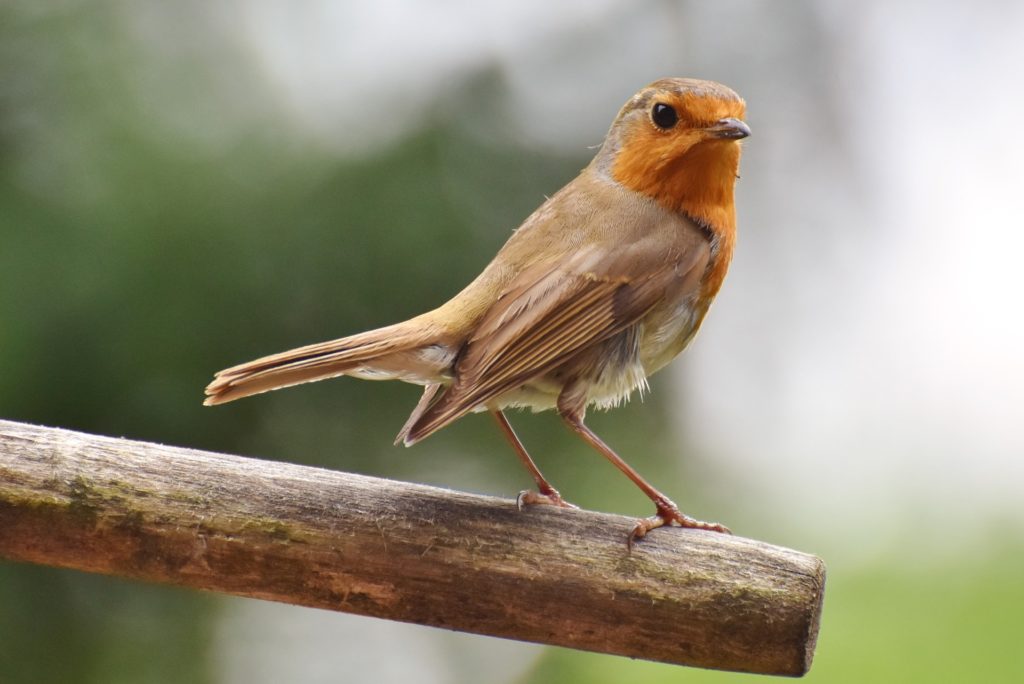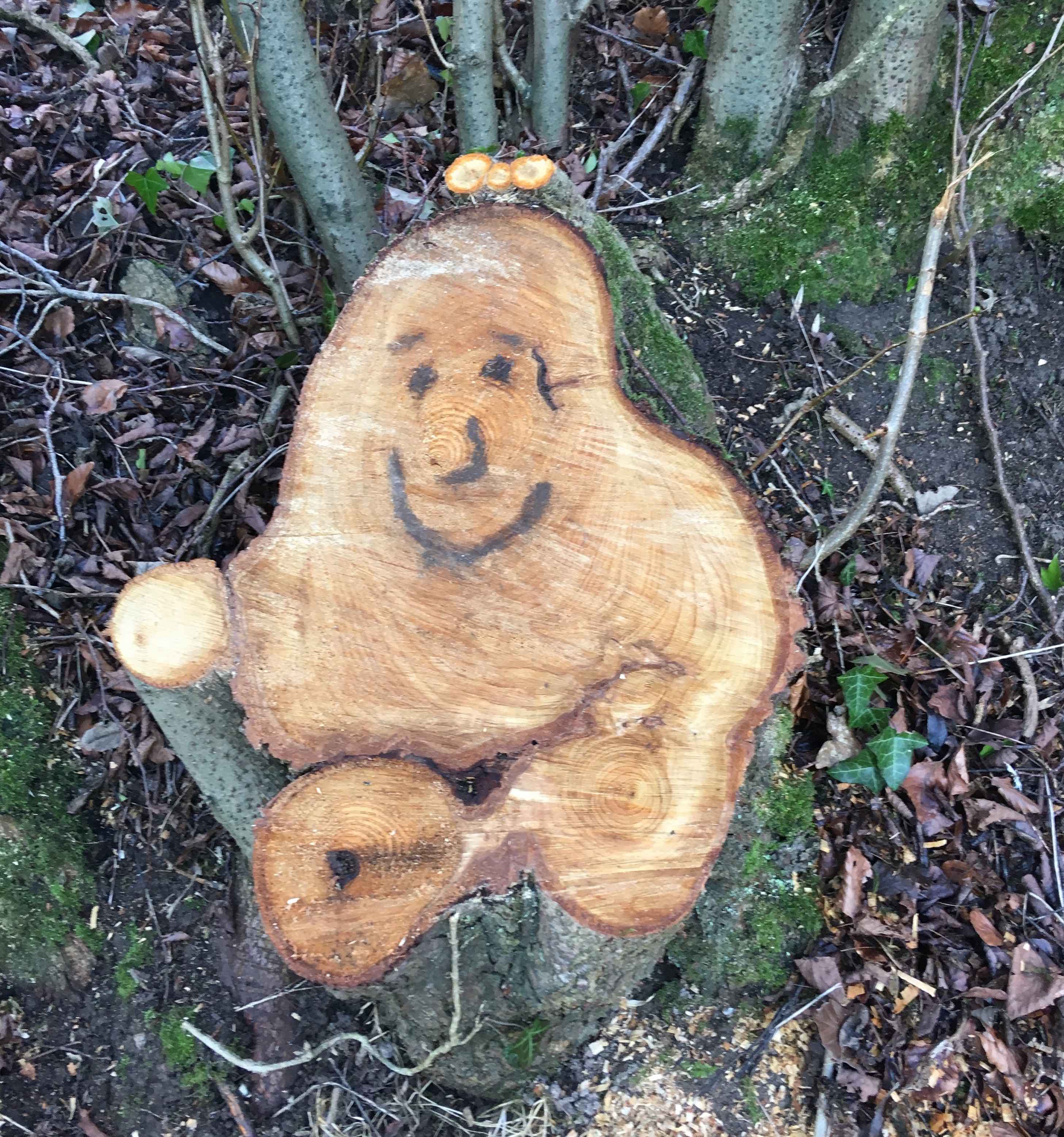
It has many names:
- Black and white thinking
- Absolutist thinking
- Dichotomous thinking
- All-or-nothing thinking
- Splitting
Whichever one you choose, the tendency to see things as being all good or all bad, all right or all wrong, all this or all that, is a common type of cognitive distortion.
A cognitive distortion is ‘an exaggerated or irrational thought pattern involved in the onset and perpetuation of psychopathological states’. In other words, an unrealistic way of thinking that interferes with our happiness and psychological health.
We routinely use thought patterns to conserve time and energy and help us to make sense of the world. We use them to help us predict what will happen, how people will behave, how we will feel – and they often serve us well. But when these patterns are over-simplified, or skewed towards a negative interpretation, we can start to have problems.
A 2018 study found that people who are experiencing anxiety, depression or suicidal thinking are significantly more likely to use ‘absolutist’ language than people who aren’t. Here’s a list of the kind of words the researchers were looking for:
Absolutely – All – Always – Complete – Completely – Constant – Constantly – Definitely – Entire – Ever – Every – Everyone – Everything – Full – Must – Never – Nothing – Totally – Whole
As someone who previously qualified for a diagnosis of Borderline Personality Disorder and experienced decades of anxiety and depression (conditions which are strongly associated with this kind of language use), I can remember all too well what it felt like to think in these terms. Until a few years ago, if you had climbed inside my head and listened to the inner monologue there, you would have heard a lot of things like:
“It will always be like this.”
“You’ll never get better.”
“They all think so.”
“Everything’s gone wrong.”
“Nothing helps.”
In fact, at the point when I reached rock bottom, this was all there was to hear. I felt sure I knew how things were and how they always would be. It seems inconceivable now – but at that moment in time, and at many others like it, it felt completely and utterly believable.
So for me, the process of learning to be well has involved learning to think differently. I’ve come to understand that things are rarely as black and white as I used to imagine them to be. I’ve learned to see not just shades of grey, but a whole range of colours that simply weren’t visible before. I’ve found that it takes conscious effort and repeated reinforcement, but little by little, those old patterns of thinking can change.
Occasionally an old pattern will surface – most often when I’m tired or hungry or under a little more pressure than usual – but they rarely hang around for long. Because, as time goes by, I notice that life is infinitely more complex, more changeable, more subtle, more paradoxical, than seemed conceivable before – which makes concepts like ‘always’ and ‘never’ a bit harder to take seriously.
So if you sometimes find yourself imagining that everything is completely, absolutely, entirely and totally a certain way, if you fear that everyone, everywhere is doing something, or that you never, ever will – take a moment, if you can. A moment to stop and breathe and search for some colour in the situation. For some inbetweenness. For some not-quite-this and not-quite-that-ness.
Because somewhere, amidst the messiness and the blurred distinctions, there is relief, I think. The relief of discovering that things are often so much more than we allow them to be.











